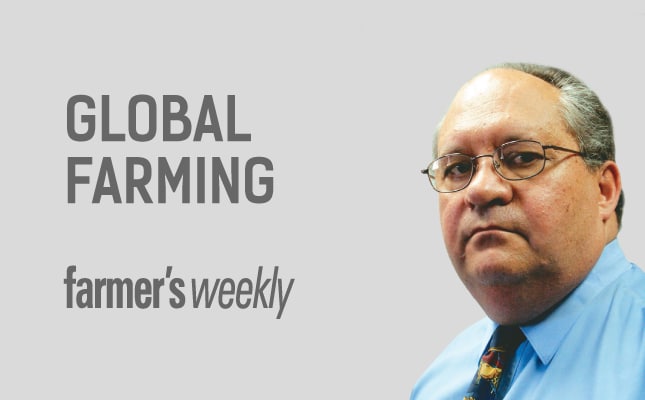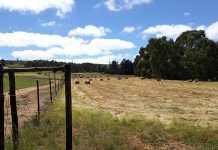
Peruvian economist Hernandez De Soto puts it well: “The core of the capitalist system, as I understand it, is that it is essentially a legal property system.” Individual property rights include such diverse rights as the right to intellectual property, mineral resources, water, urban properties and farmland.
READ:Celebrating 106 years on the land
Property rights are never absolute. They are limited by public interest and can be expropriated in the name of national interest. This is true in most countries. Governments can and do expropriate land for the purpose of developing infrastructure or other uses that are in the public interest.
Before 1994 in South Africa, farmland was expropriated and added to the ‘homelands’. By 1986, an estimated 17,6 million hectares of land had been bought by government for this purpose. These days, property rights are dealt with in Section 25 of the Constitution. Section 25(1) guarantees property rights. This right is diluted by the rest of the section, though. Section 25(2) gives the state the right to expropriate property in public interest, specifying just compensation in 25(3).
Section 25(8), meanwhile, gives the government the right to redress the results of past racial discrimination. ‘Land reform’, therefore, is part of our Constitution, but with compensation.
Land under threat
In South Africa, private ownership and property rights are threatened in various sectors. Mineral rights came under pressure and were put under the custodianship of the state. The Preservation and Development of Agricultural Land Framework Bill proposes that the state become the custodian of all farmland. It gives the state wide powers in managing agricultural land. Various other pieces of proposed legislation also attempt to limit farmers’ property rights.
But the Economic Freedom of the World Index clearly shows the effect of a freer economy including property rights.
In the least-free countries, the GDP grew 1,6% per year on average from 1990 to 2010. In the most free countries, the GDP grew on average by +3,6%. The GDP per head and GDP per head of the poorest 10% also vary between the freer and less free countries.
The case of Venezuela
Venezuela is a good example of a country where a plan to end private ownership of the productive sector was introduced. Officially, the rate of inflation is currently 68%; in reality, it is more than 100%. The budget deficit is 17% and the economy will shrink by 7% in 2015. Venezuela is at 97 on the International Property Rights Index.
Nationalisation of businesses and government intervention has succeeded in destroying the local economy. And Venezuela is not the only proof that meddling with property rights is dangerous. Not that long ago, Zimbabwe was a country with high-quality farmland, the second-highest developed irrigation system in Africa and a developed manufacturing sector to process agricultural products.
Dr Koos Coetzee is an agricultural economist at the MPO. All opinions expressed are his own and do not reflect MPO policy.




